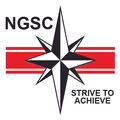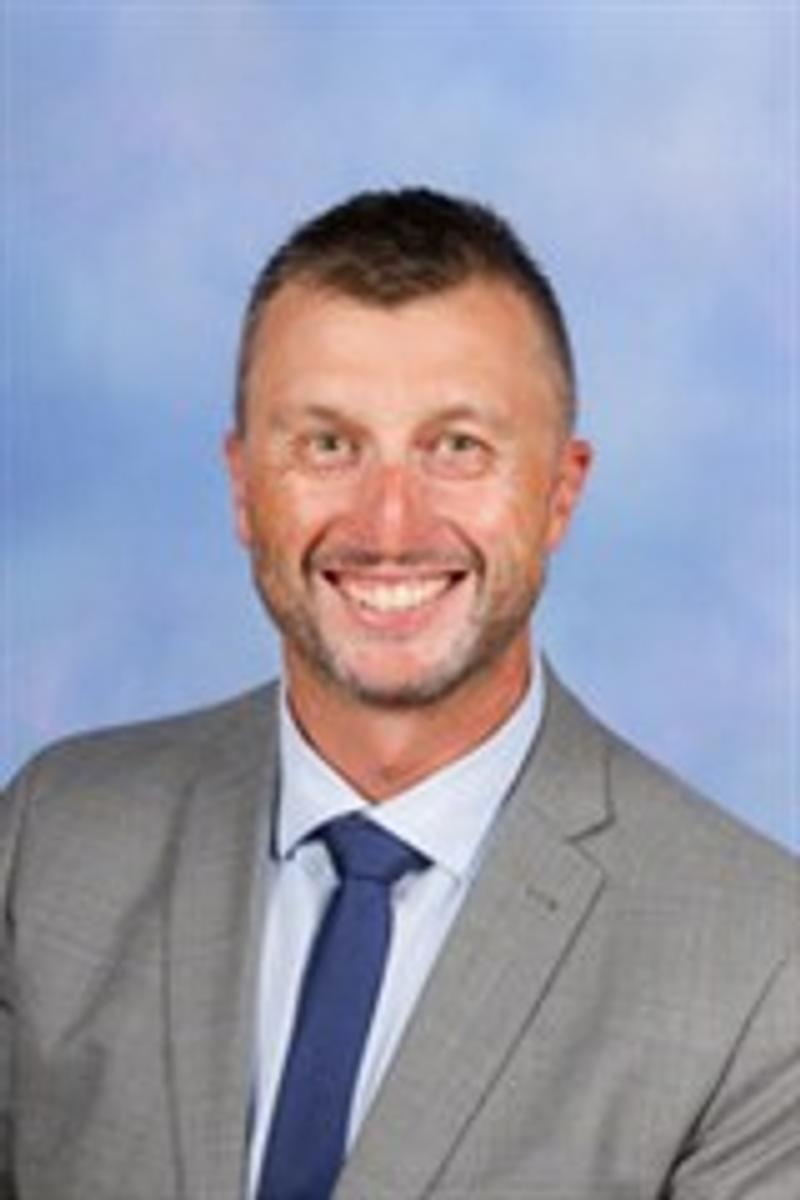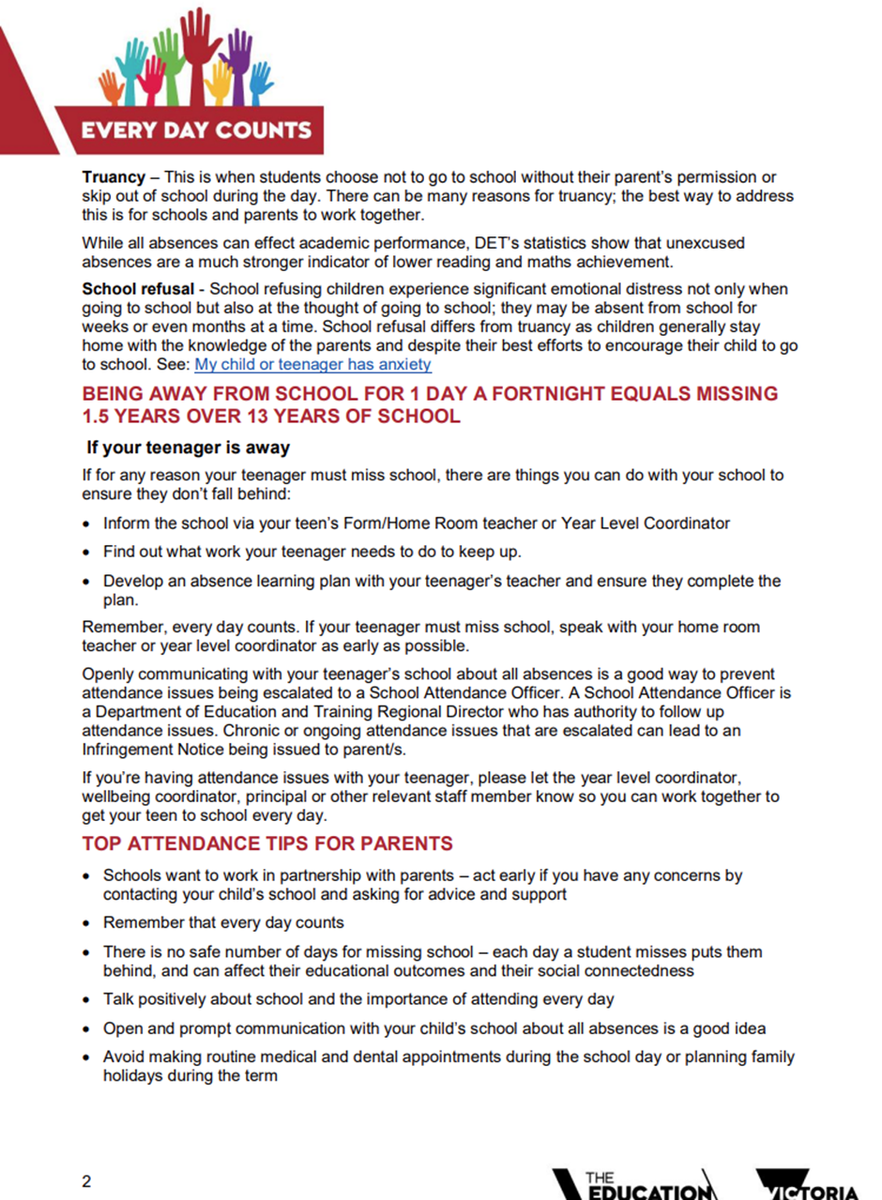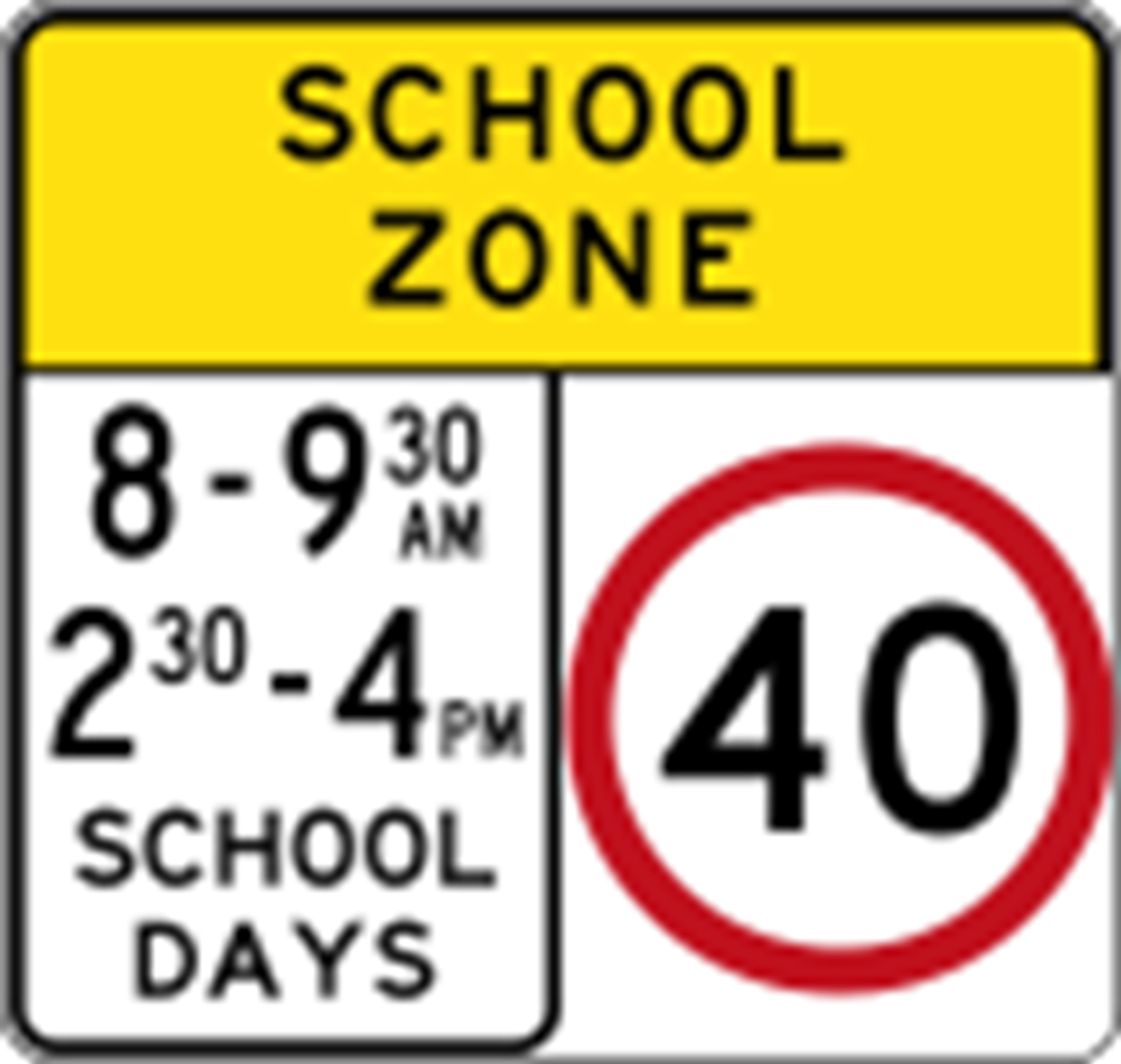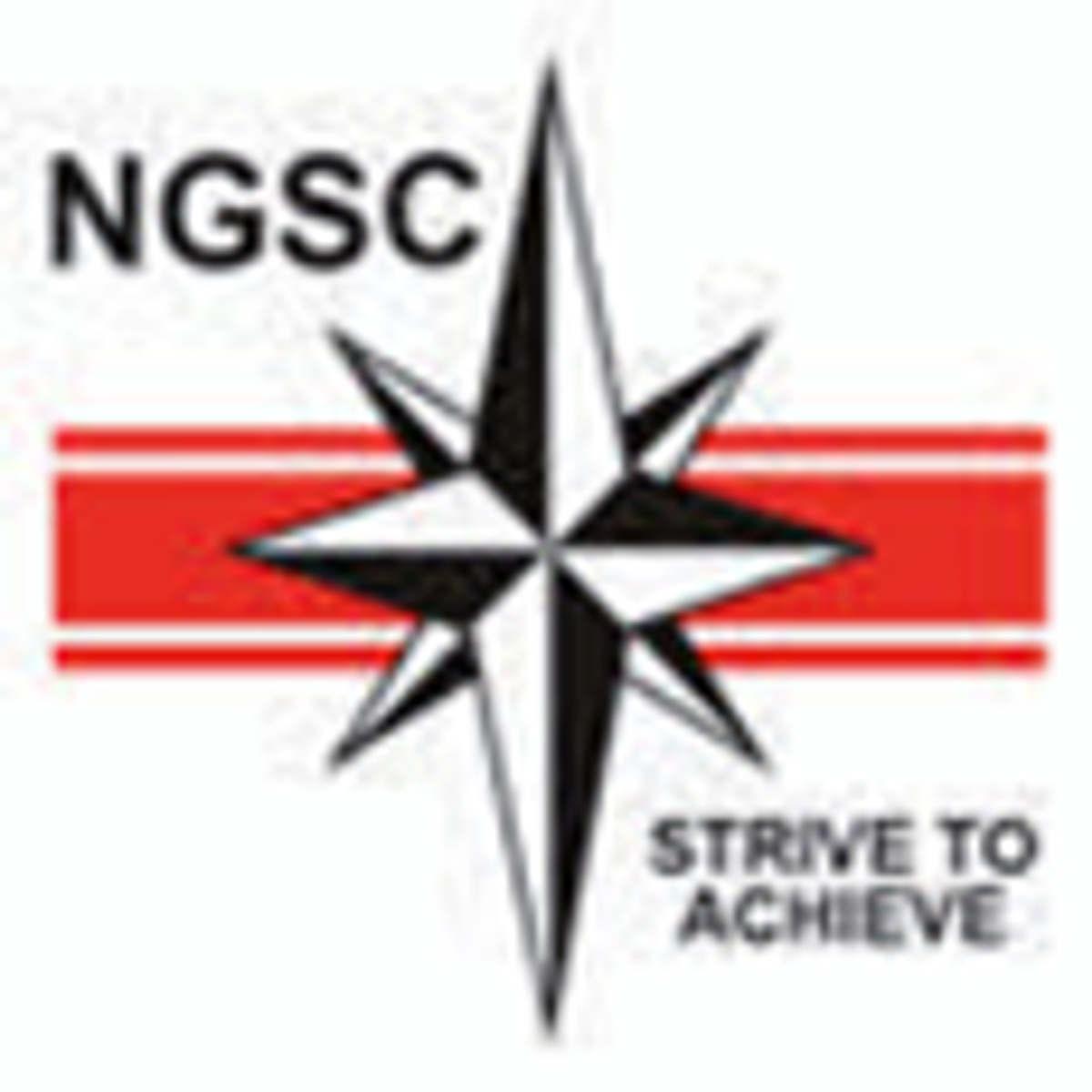ASSISTANT PRINCIPALS’ REPORT

ASSISTANT PRINCIPALS
Ryan Mills Bradley Headlam Sarah Bridges
Welcome to the 2024 school year. We look forward to working with families as students engage in their curricular and non-curricular activities. As usual there is a range of lunchtime clubs and activities for student to enjoy.
We extend a special welcome to our incoming Year 7 students and their families and trust that they have had a positive transition to secondary school. We remind all families that we are here to support students and families.
Restorative and De-escalation Process
Staff have now completed Berry Street training. This program aims to support teachers to further engage with skills and strategies that address student needs in the classroom. This, combined with School Wide Positive Behaviour Support strategies, will be a continual focus of staff development. As a result of this professional development the College has identified areas for improvement. This will be reflected in the initial response to students who have encountered a challenging situation for the first time in the school environment and have responded in a manner that is not in alignment with our values. In these situations, students will be sent home for reflection and discussion with parents/carers. When the student returns to school there will be a restorative conversation with an opportunity to revisit and reset the choice of behaviour for future situations. Additional support will also be offered. If there is repeated behaviour an additional level of support and intervention will occur.
Homework/Revision
Continuous revision is something that is far more supportive of knowledge retention than ‘cramming’ for assessment the night before. Having a set routine for home can be really valuable for students and it is important to have a routine inclusive of all subjects over the week. It is also important to do something related to that subject even if something is not set. Below are some examples of what homework can be:
- Completing exercises set in class
- Revising/preparing for tests (making study notes/reviewing key terms)
- Reading over notes
- Making mind maps
- Practising key skills
- Reading key texts and taking notes
- Reading for pleasure
The school also provides homework club opportunities during the week; there is a specific EAL student homework club running two nights and the library offers after school time and space for after school study.
Testing Week
In Week 2 students completed a variety of tests to assess their literacy and numeracy levels. Student results will be collected and entered into Compass for students and parents to view and can be found under the ‘Analytics’ tab on the student’s dashboard.
NAPLAN
NAPLAN will be held in Week 7 and 8 of Term 1. Similar to the previous two years, the NAPLAN tests will be administered electronically with Year 7 and 9 students completing four tests: Reading, Writing, Spelling and Grammar and Numeracy. The results will be collected and distributed to schools in Semester 2.
Further details will be provided to students and families.
Be Bold Be Heard (BBBH24)
The Be Bold Be Heard initiative is again running in 2024, bigger and better than ever. This involves students in years 8-11 eliciting actions to cause change in class, college and community. It enhances their leadership, voice, agency and engagement and has been fantastically successful.
BBBH students will take part in workshop forums to collaborate with other schools whilst gaining the skills to set goals, take action and motivate others along the way. Across the program in 2023 students highlighted significant changes to their confidence with speaking to others in the BBBH program and also with staff. Of the staff surveyed in schools across Geelong 72% said that student confidence was very good or better with speaking to staff after the program.
Soroptimists International of Geelong.
This fantastic organisation has supported our students for a number of years and recently sponsored the Be Bold Be Heard initiative. This has enabled 10 students to participate in the leadership development program and we are greatly appreciative of the support they have provided. Further to this, they provide ongoing assistance and advice to seek other speakers as required.
Morrisby Interviews
The Morrisby Interviews are a fantastic initiative from the department. Students complete a career profiling survey to discover strength, ambitions, and goals. The collated data is used to formulate the basis for a discussion (later in the year) with an external careers coach. The data formed will help guide the pathways of the students and the Year 9 interviews are held during the week of 26th February to 1st March.
Life Changer
This year, North Geelong is excited to announce a partnership with the Life Changer program. Life Changer is a locally organised and funded in-school program that offers a range of workshops focusing on preventative mental youth health, building social, emotional and resilience skills and community connections across all year levels. The program will start the year with Year 10 students in Week 3 and will focus on providing information and training to facilitate these young leaders to be mentors for younger students.
Progress Reports
Every four weeks, teachers will report on the learning behaviours of their classes. The five areas teachers report on are:
- Meets Attendance Requirement
- Progress in Learning
- Participates in Learning
- Demonstrates Preparation for Learning
- Displays Respect for Learning
Each student will be marked always (4), usually (3), sometimes (2), rarely (1) or never (0). Students will then receive a Performance Average of all their classes (a score between 0 and 4). Student Managers track and analyse students’ Performance Averages throughout the year and use the data to either reward students or identify who may be at risk and need further support. If you would like further information regarding Progress Reports, please contact your child’s relevant Sub-School.
Vaping
With the delay in the Australian Government enacting a ban on vapes there has been an overwhelming number of people in our community taking up the habit. Whilst it was clearly evident that this was as bad as, if not worse than, smoking, there has been some misunderstanding due to the fruity taste and colourful packaging. Overall, access for young people has been far too significant and, in some instances, there are some that have become reliant. We are aware of this and have taken steps to provide support. If you think your child could benefit from some form of support, then please contact Student Wellbeing. We will be setting up an educational program delivered by our school nurse, for students who are found to be vaping on school grounds. In that circumstance, the student will be working through this educational program during the school day, lunchtimes and/ or after school.
Attendance
Engagement is an important contributor to a student’s academic achievement, all school days matter. Non-attendance has a variety of effects on students both academically and socially. If your child is struggling to attend school, please let us know so that early intervention strategies and support can be provided. Please read the article below.
School Zone Speed Limits
With the new school year started, it is an opportune time for school communities to be reminded of the importance of road safety around schools.
School Speed Zones are enforced from the commencement of the school year and parents/carers are reminded to adhere to all VicRoads School Speed Zones rules.
Also, parents/guardians are reminded to take care and obey these parking signs and observe the Road Rules when picking up or dropping off students around schools. The City of Greater Geelong Parking and Information Officers monitor all supervised school crossings on a regular roster and issue infringements to drivers who stop in unsafe areas, such as “No Stopping” zones, within 20 metres of a school crossing, parallel to a yellow edge line, or if double parked, even for a moment to drop off or collect a student.
Queuing to enter a pickup/drop off zone can often lead to traffic congestion with vehicles being stationary in prohibited areas. Should the pickup/drop off zone be occupied with vehicles, to avoid the possibility of receiving an infringement it is advised to drive around the block and return when legal parking is available.
Statistics show that illegal parking around schools is greatly reduced due to an Officer’s presence and Council prefers to achieve these results though education and awareness.
Designated school speed zones: Specified times (8.00 - 9.30 am and 2.30 - 4.00 pm).
Further information in regard to VicRoads speed limits around schools can be found at: VicRoads School Speed Zones
Also, please note that the school car park is out of bounds for all parents/guardians. The car park is only for staff. It is imperative that parents DO NOT enter the carpark during pick up/drop off as they are placing students and staff at grave risk.
I wish to thank all parents/guardians who always adhere to all traffic rules re: school zones and also the school carpark rules. The safety of all children, staff and parents is paramount.
Victorian Schools’ Privacy Policy
The Department of Education and Training (which includes all Victorian government schools, central and regional offices) values the privacy of every person and is committed to protecting information that schools collect.
All staff including contractors, service providers and volunteers of the Department, and our school, must comply with Victorian privacy law and this policy.
In Victorian government schools the management of ‘personal information’ and ‘health information’ is governed by the Privacy and Data Protection Act 2014 (Vic) and Health Records Act 2001 (Vic) (collectively, Victorian privacy law).
This policy explains how our school collects and manages personal and health information, consistent with Victorian privacy law.
For more information about privacy, refer to: Schools’ Privacy Policy — information for parents. This information is also available in ten community languages:
- Amharic
- Arabic
- Dari
- Gujarati
- Mandarin
- Somali
- Sudanese
- Turkish
- Urdu
- Vietnamese.
NGSC Privacy Policy
This policy is regularly reviewed and updated to take account of new laws and technology and the changing school environment when required.
During the ordinary course of your child’s attendance at our school, school staff will collect your child’s personal and health information when necessary to educate your child, or to support your child’s social and emotional wellbeing or health. Such information will also be collected when required to fulfil a legal obligation, including duty of care, anti-discrimination law and occupational health and safety law. If that information is not collected, the school may be unable to provide optimal education or support to your child or fulfil those legal obligations.
For example, health information may be collected through the school nurse, primary welfare officer or wellbeing staff member. If your child is referred to a specific health service at school, such as a Student Support Service officer, or school-engaged psychologist, the required consent will be obtained.
Our school may use online tools, such as apps and other software, to effectively collect and manage information about your child for teaching and learning purposes, parent communication and engagement; student administration; and school management purposes. When our school uses these online tools, we take steps to ensure that your child’s information is secure. If you have any concerns about the use of these online tools, please contact us.
School staff will only share your child’s personal or health information with other staff who need to know to enable the school to educate or support your child or fulfil a legal obligation.
When our students transfer to another Victorian government school, personal and health information about that student will be transferred to that next school. Transferring this information is in the best interest of our students and assists that next school to provide optimal education and support to students.
In some limited circumstances, information may be disclosed outside of the school (and outside of the Department of Education and Training). The school will seek your consent for such disclosures unless the disclosure allowed or mandated by law.
Our school values the privacy of every person. When collecting and managing personal and health information, all school staff must comply with Victorian privacy law. For more information about privacy including about how to access personal and health information held by the school about you or your child, see our school’s privacy policy: https://www.education.vic.gov.au/Pages/schoolsprivacypolicy.aspx
Definitions
Personal information is information or opinion, whether true or not, about a person whose identity is apparent, or can reasonably be ascertained, from the information or opinion – that is recorded in any form. For example, a person's name, address, phone number and date of birth (age). De-identified information about students can also be personal information.
Health information is information or opinion about a person’s physical, mental or psychological health or disability, that is also personal information – whether in writing or not. This includes information or opinion about a person’s health status and medical history, immunization status and allergies, as well as counselling records.
Sensitive information is information or opinion about a set of specific characteristics, including a person’s racial or ethnic origin, political opinions or affiliations, religious beliefs or affiliations, philosophical beliefs, sexual orientation or practices; or criminal record. It also includes health information.
What information do we collect?
Our school collects the following type of information:
- information about students and their families, provided by students, their families and others
- information about job applicants, staff, volunteers and visitors; provided by job applicants, staff members, volunteers, visitors and others.
How do we collect this information?
Our school collects information in a number of ways, including:
- in person and over the phone: from students and their families, staff, volunteers, visitors, job applicants and others
- from electronic and paper documentation: including job applications, emails, invoices, enrolment forms, letters to our school, consent forms (for example: enrolment, excursion, Student Support Services consent forms), our school’s website or school-controlled social media
- through online tools: such as apps and other software used by our school
- through any CCTV cameras located at our school.
- Collection notices
When our school collects information about you, our school takes reasonable steps to advise you of how the information will be handled. This includes the purpose of the collection, and how to access, update and correct information held about you. For information about students and their families, a collection notice is provided to parents (or students who are mature minors) upon enrolment.
Unsolicited information about you
Our school may receive information about you that we have taken no active steps to collect. If permitted or required by law, our school may keep records of this information. If not, we will destroy or de-identify the information when practicable, lawful and reasonable to do so.
Why do we collect this information?
Primary purposes of collecting information about students and their families
Our school collects information about students and their families when necessary to:
- educate students
- support students’ social and emotional wellbeing, and health
- fulfil legal requirements, including to:
- take reasonable steps to reduce the risk of reasonably foreseeable harm to students, staff and visitors (duty of care)
- make reasonable adjustments for students with disabilities (anti discrimination law)
- provide a safe and secure workplace (occupational health and safety law)
- enable our school to:
- communicate with parents about students’ schooling matters and celebrate the efforts and achievements of students
- maintain the good order and management of our school
- enable the Department to:
- ensure the effective management, resourcing and administration of our school
- fulfil statutory functions and duties
- plan, fund, monitor, regulate and evaluate the Department’s policies, services and functions
- comply with reporting requirements
- investigate incidents in schools and/or respond to any legal claims against the Department, including any of its schools.
Primary purposes of collecting information about others
Our school collects information about staff, volunteers and job applicants:
- to assess applicants’ suitability for employment or volunteering
- to administer employment or volunteer placement
- for insurance purposes, including public liability and WorkCover
- to fulfil various legal obligations, including employment and contractual obligations, occupational health and safety law and to investigate incidents
- to respond to legal claims against our school/the Department.
When do we use or disclose information?
Our school uses or discloses information consistent with Victorian privacy law, as follows:
- for a primary purpose – as defined above
- for a related secondary purpose that is reasonably to be expected – for example, to enable the school council to fulfil its objectives, functions and powers
- with notice and/or consent – including consent provided on enrolment and other forms
- when necessary to lessen or prevent a serious threat to:
- a person’s life, health, safety or welfare
- the public’s health, safety or welfare
- when required or authorized by law – including as a result of our duty of care, anti-discrimination law, occupational health and safety law, reporting obligations to agencies such as Department of Health and Human Services and complying with tribunal or court orders, subpoenas or Victoria Police warrants
- to investigate or report unlawful activity, or when reasonably necessary for a specified law enforcement purpose, including the prevention or investigation of a criminal offence or seriously improper conduct, by or on behalf of a law enforcement agency
- for Departmental research or school statistics purposes
- to establish or respond to a legal claim.
A unique identifier (a CASES21 code) is assigned to each student to enable the school to carry out its functions effectively.
Student transfers between Victorian government schools
When a student has been accepted at, and is transferring to, another Victorian government school, our school transfers information about the student to that school. This may include copies of the student’s school records, including any health information.
This enables the next school to continue to provide for the education of the student, to support the student’s social and emotional wellbeing and health, and to fulfil legal requirements.
NAPLAN results
NAPLAN is the national assessment for students in years 3, 5, 7 and 9, in reading, writing, language and numeracy.
When a student transfers to another Victorian government school, their NAPLAN results are able to be transferred to that next school.
Additionally, a student’s NAPLAN results are able to be provided to the student’s previous Victorian government school to enable that school to evaluate their education program.
Responding to complaints
On occasion, our school and the Department’s central and regional offices receive complaints from parents and others. Our school and/or the Department’s central or regional offices will use and disclose information as considered appropriate to respond to these complaints (including responding to complaints made to external organisations or agencies).
Find out more about the privacy complaints process.
Accessing your information
All individuals, or their authorised representative(s), have a right to access, update and correct information that our school holds about them.
Access to student information
Our school only provides school reports and ordinary school communications to parents who have a legal right to that information. Requests for access to other student information must be made by making a Freedom of Information (FOI) application through the Department’s Freedom of Information Unit (see below).
In some circumstances, an authorised representative may not be entitled to information about the student. These circumstances include when granting access would not be in the student’s best interests or would breach our duty of care to the student, would be contrary to a mature minor student’s wishes or would unreasonably impact on the privacy of another person.
Access to staff information
School staff may first seek access to their personnel file by contacting the principal. If direct access is not granted, the staff member may request access through the Department's Freedom of Information Unit.
Storing and securing information
Our school takes reasonable steps to protect information from misuse and loss, and from unauthorized access, modification and disclosure. Our school stores all paper and electronic records securely, consistent with the Department’s records management policy and information security standards. All school records are disposed of or transferred to the State Archives (Public Record Office Victoria), as required by the relevant Public Record Office Standard.
When using software and contracted service providers to manage information, our school assesses these according to the appropriate departmental processes. One example of this is that staff passwords for school systems are strong and updated on a regular basis, consistent with the Department’s password policy.
Updating your information
We endeavour to ensure that information about students, their families and staff is accurate, complete, and up to date. To update your information, please contact our school’s Administration Office.
